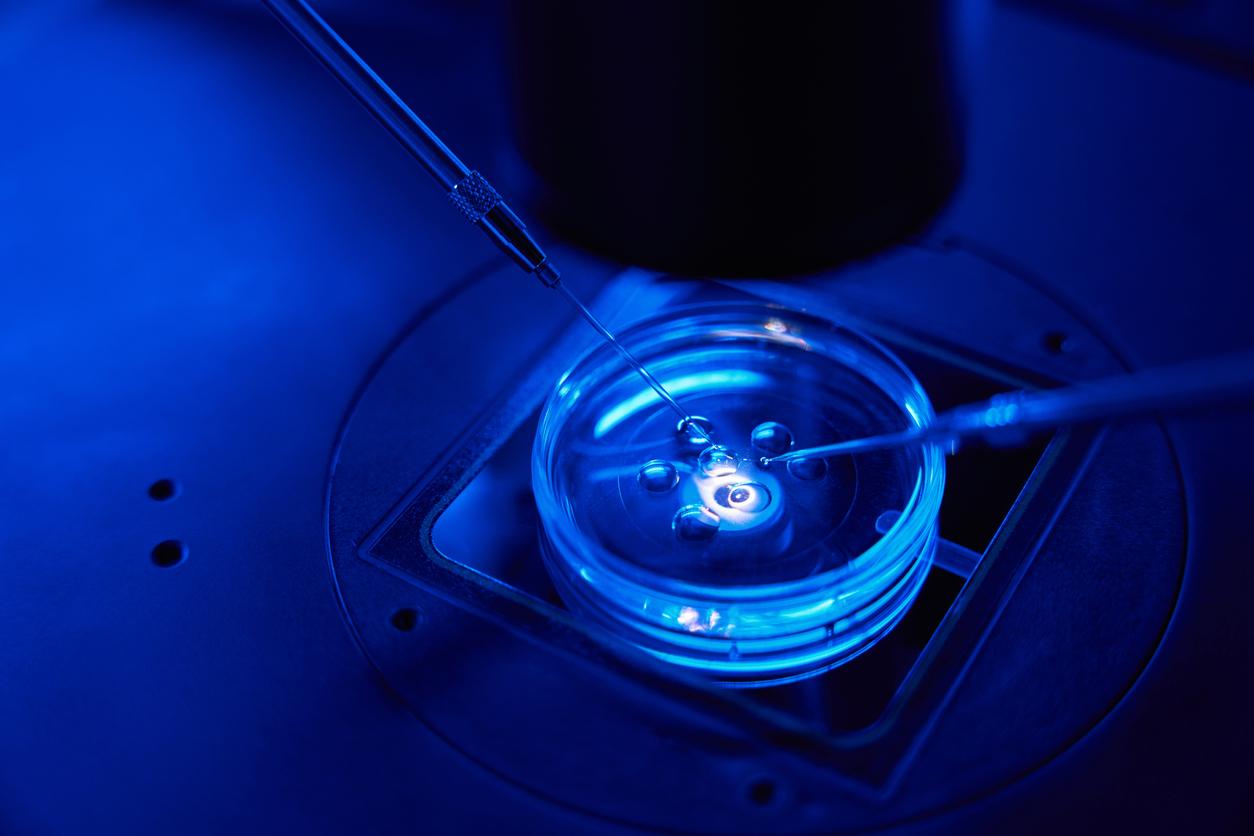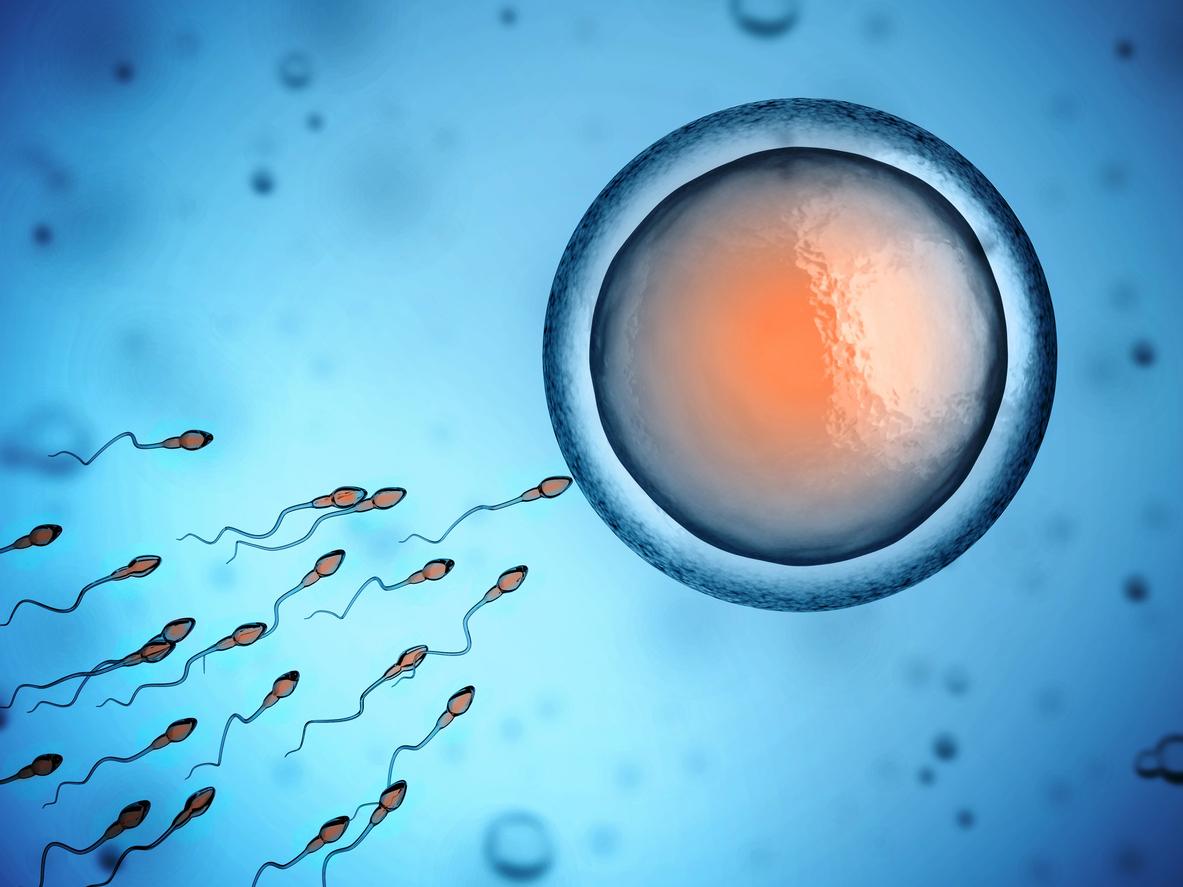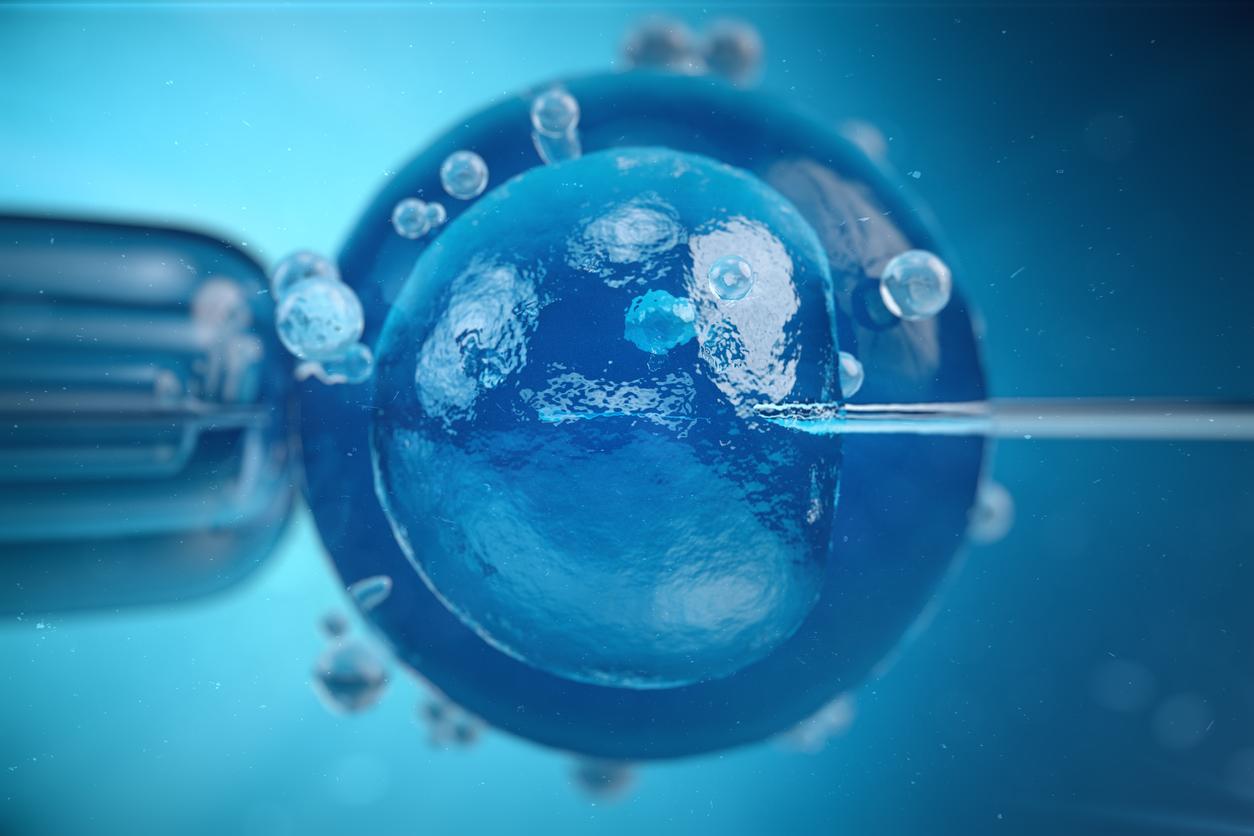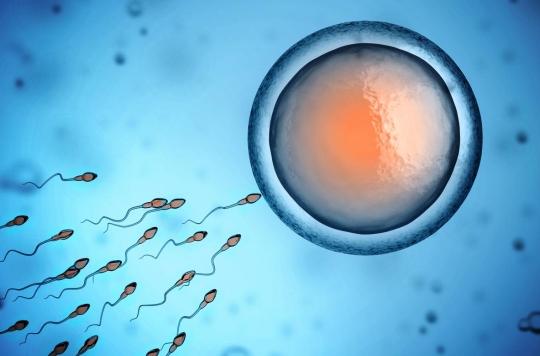British researchers are developing a technique to transform stem cells from the skin into embryos. Promising research, although there is still some way to go.

Creating primitive forms of artificial eggs and sperm is now possible according to researchers at the University of Cambridge, whose work is published in the journal Nature & Cells. These have succeeded in transforming skin stem cells into gametes. Results that arouse great hope in the fight against infertility.
Human trials for the first time
The technique consists of creating sex cells genetically identical to patients, from stem cells from their skin and induced pluripotent stem cells (Ips), cells capable of transforming into any other cell in the body, without restriction. Thanks to in vitro fertilization, these artificial gametes could make it possible to give birth to children. In 2012, Japanese researchers at Kyoto University succeeded in impregnating mice using this technique. But such tests had never before been carried out on humans. The work of the Cambridge researchers therefore consisted in carrying out the first step of in vitro fertilization using these stem cells. These have succeeded in creating precursor cells of gametes with an efficiency rate of 25 to 40%. “The real question, which belongs to the future, is whether we will one day be able to use them,” said the lead author of the study Azim Surani, in an interview with the British daily. The Guardian. ?
Better understand age-related diseases
Because indeed, researchers come up against several difficulties. First of all, the stem cells of women only allow the creation of eggs since they lack the Y chromosomes, which are necessary for the creation of the sperm. Furthermore, the mechanical precision of the key role played by a protein called Sox17 merits further investigation, and requires clinical trials in non-human primates. ” commented Prof. Surani. Time therefore seems to be thinking, and the results, if they prove to be conclusive, will not be finalized for several years. But this progress still suggests great possibilities not only for infertile people but also for same-sex couples. They could also prove invaluable in understanding diseases associated with aging.
.














